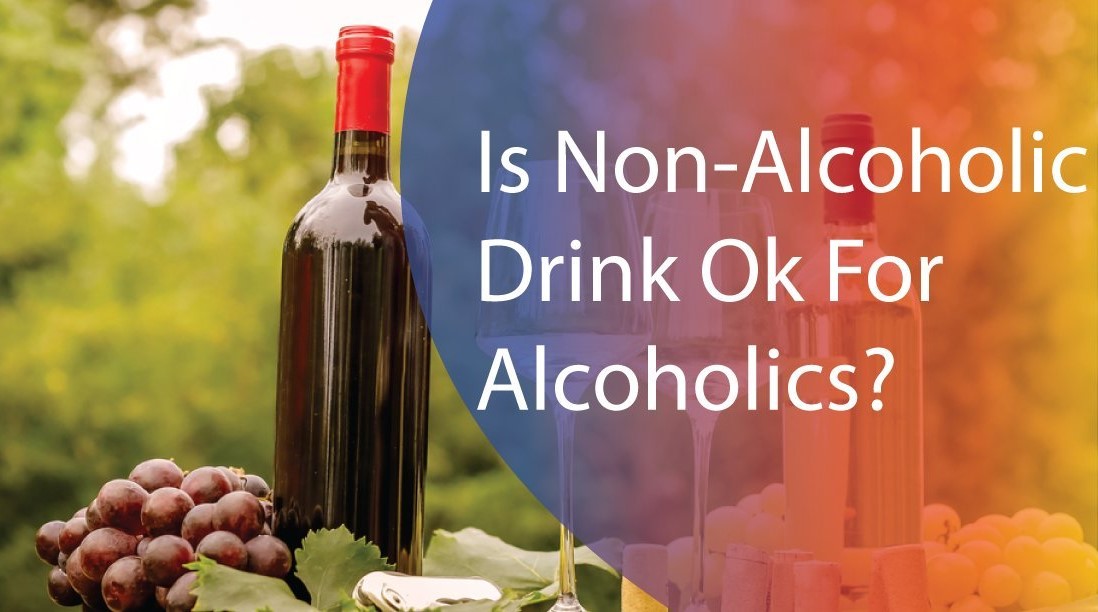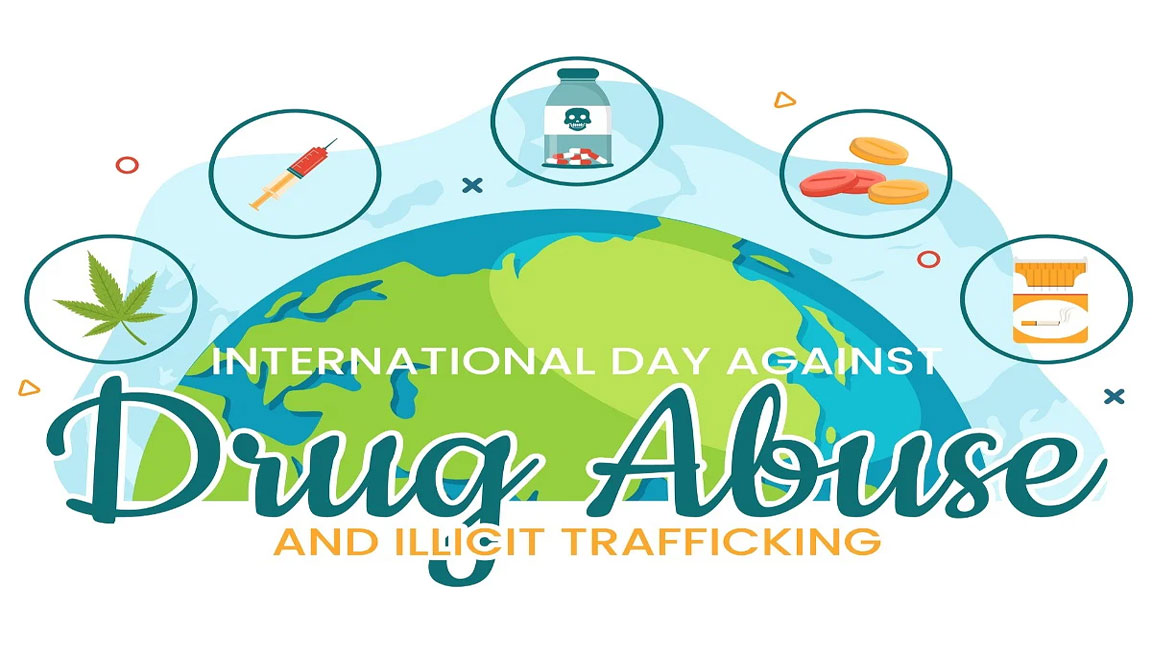Non-Alcoholic Drinks and Relapse
Non-alcoholic drinks may seem safe for people in recovery, but they can trigger relapse by mimicking alcohol’s taste, look, and rituals. They’re often used to fit in socially, manage cravings, or test control, yet even small alcohol traces or familiar cues can reactivate addiction pathways. A solid relapse prevention plan should set clear boundaries, provide … Read more









